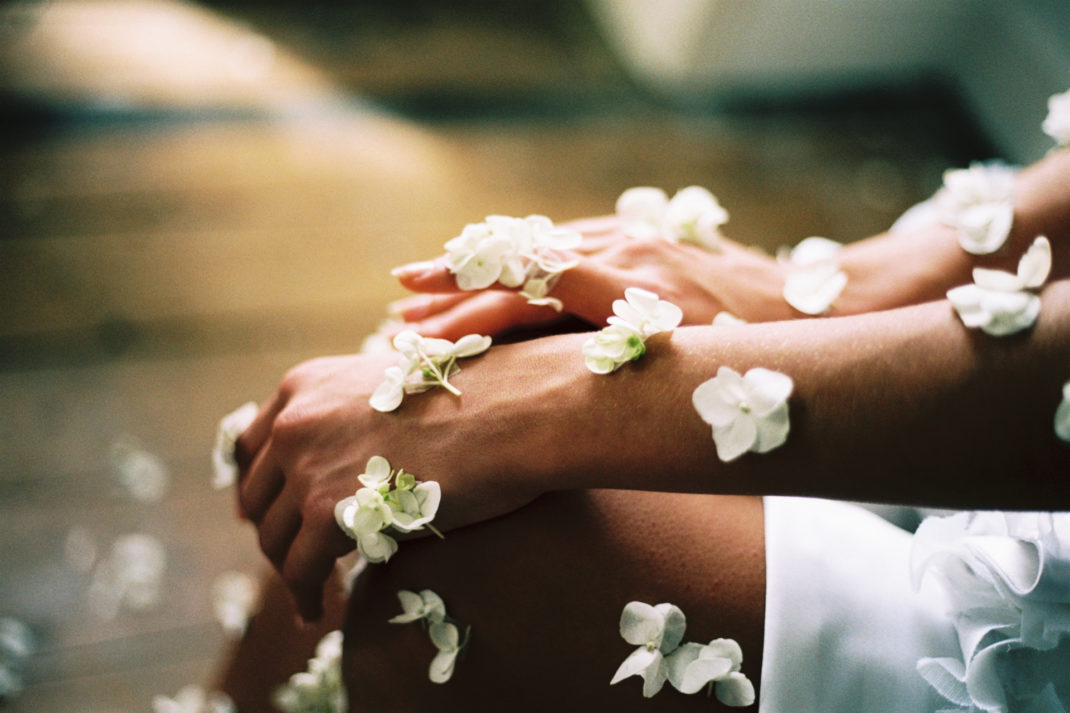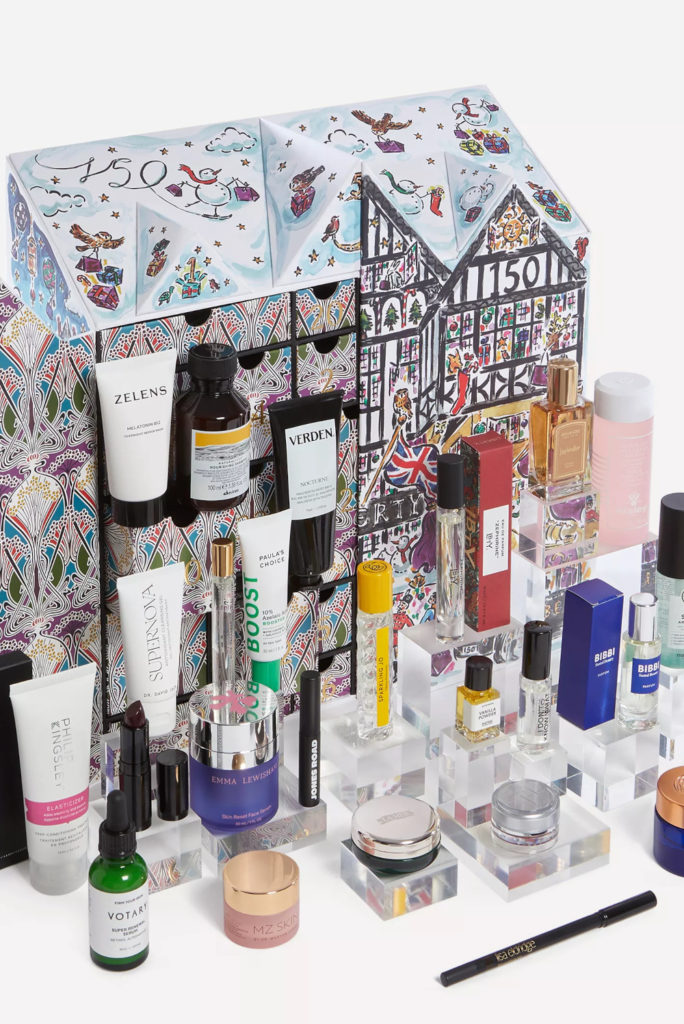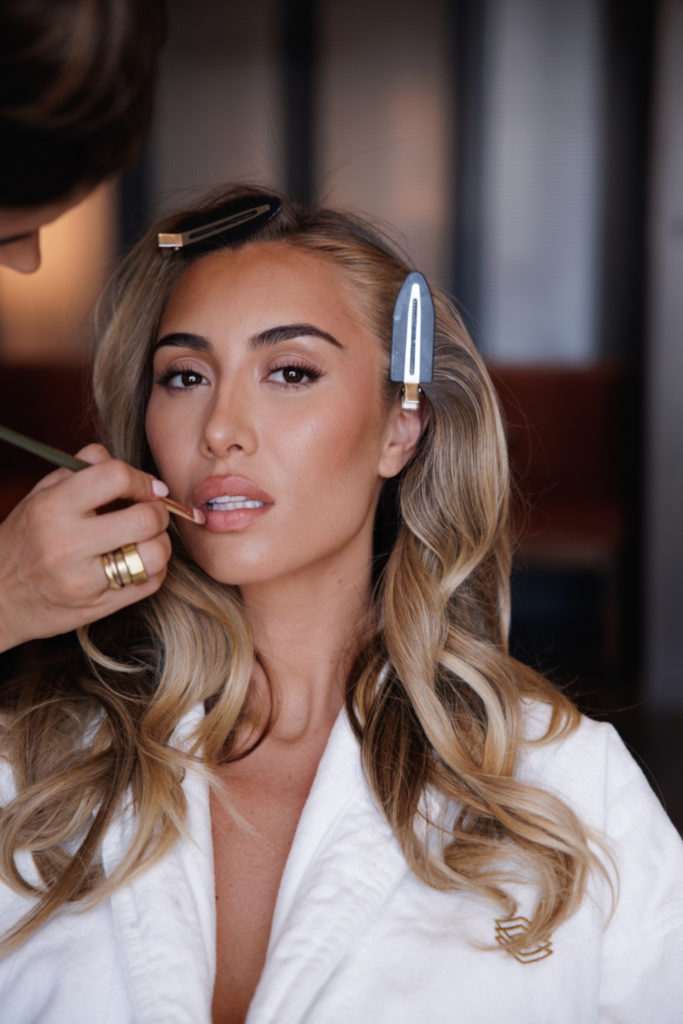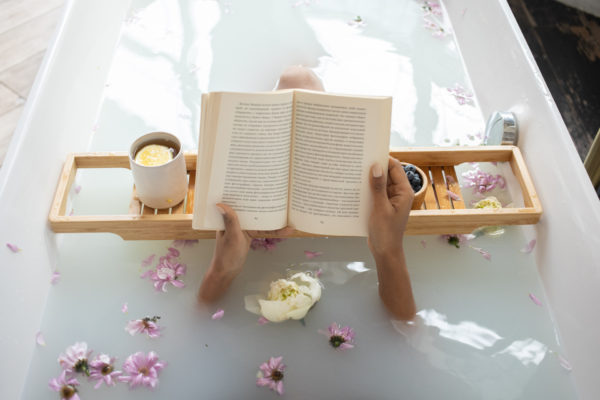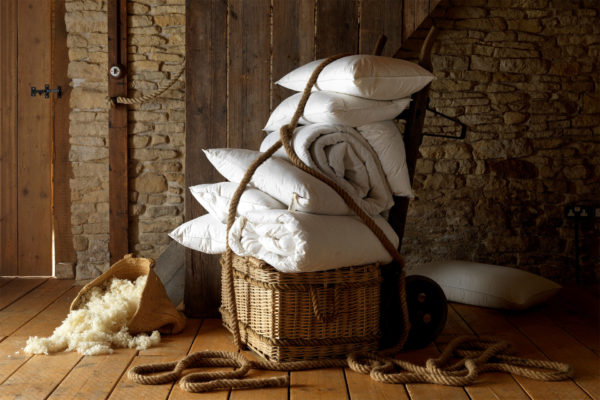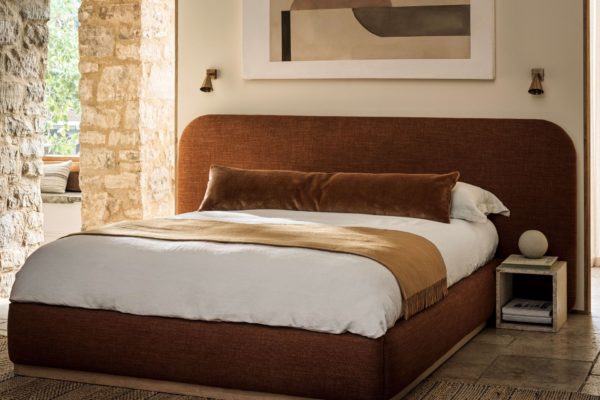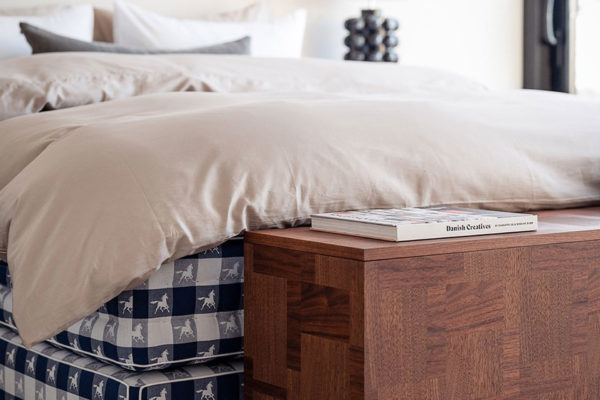World Sleep Day 2023: How To Get A Good Night’s Sleep (According To An Expert)
By
2 years ago
Ross J Barr gives his top tips for catching quality ZZZ’s
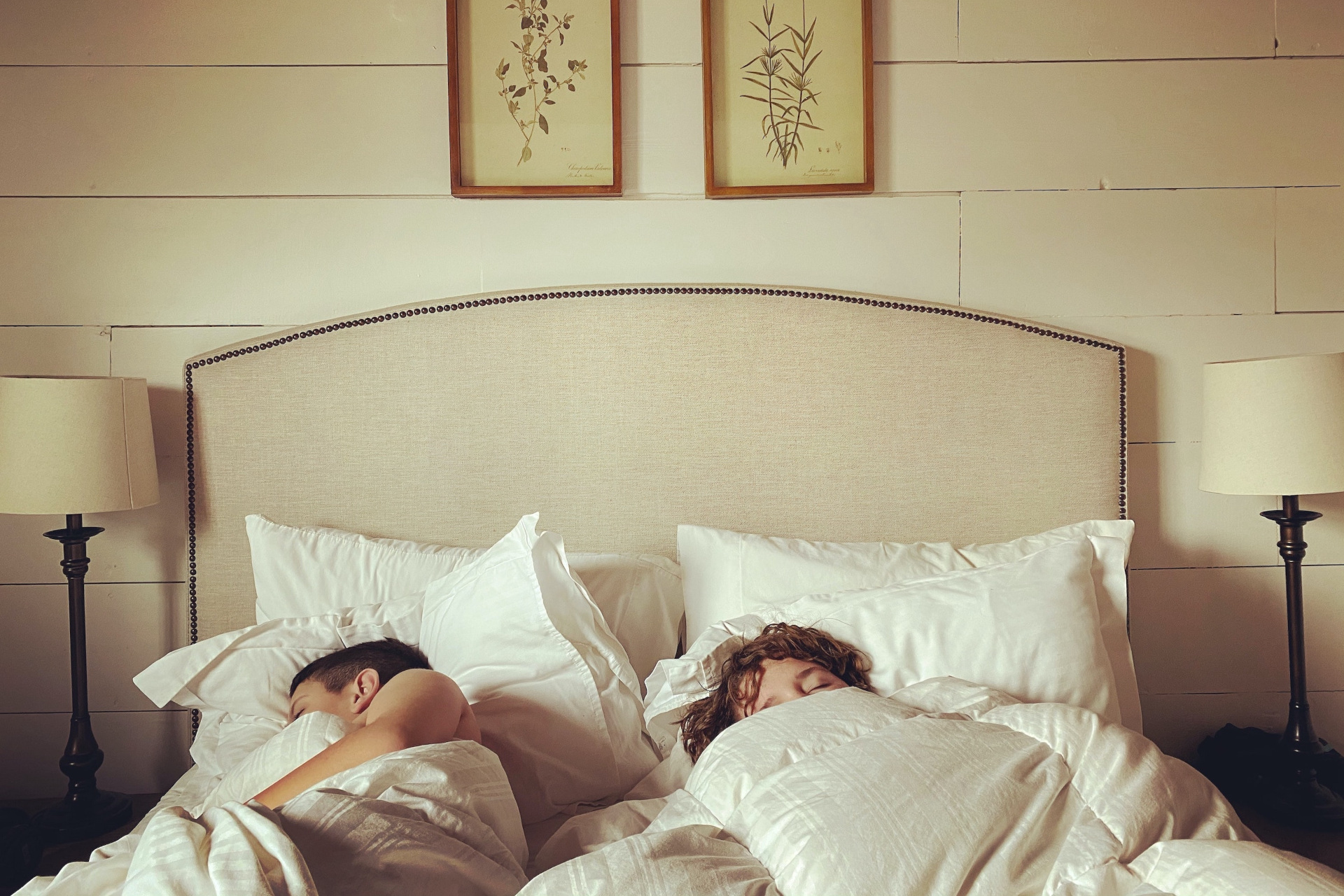
Struggling with sleep? You’re not the only one. Over 70 percent of adults in the UK do not have the recommended seven to nine hours’ sleep a night, making it difficult to function when going about our business during the day. We sit down with London-based health and wellness practitioner Ross J. Barr to find out how we can get a better night’s sleep.
Ross J. Barr has been offering up his expertise (and acupuncture) for the past 15 years, specialising in a range of bespoke treatments to combat heath issues, including fatigue, tiredness, stress, and insomnia to name a few. Right in time for World Sleep Day, he’s offered his top tips for securing good sleep.
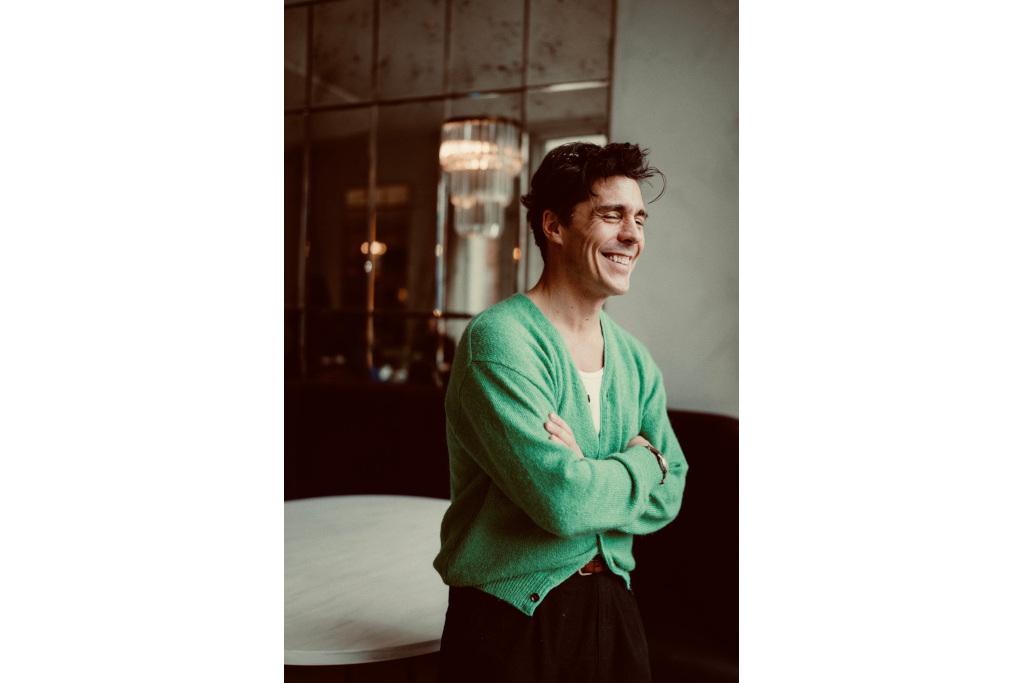
Ross J. Barr
How To Get A Good Night’s Sleep (According To An Expert)
Turn Off Your Phone
We all know this one, but we all do our best to avoid it for some reason. Apparently, we go through the fight or flight mechanism 100 times a minute with all the notifications and pop ups on our phones. It promotes the release of cortisol and inhibits the release of melatonin. Both things make it not only harder for us to fall asleep, but makes light, fitful sleep more likely. The adrenaline we run on naturally keeps us closer to consciousness in case there is actual danger afoot (even though there isn’t).
Meditation
Meditation is wonderful, but it’s often the gift of the already healthy. Trying to meditate when you’re going through something traumatic or life changing can become just another thing to feel bad about ‘not’ doing. It’s hard when you’re going through something big. And so, I try and encourage patients to find a middle ground with ‘90s style meditation; like watching a film, the way we used to do on VHS or DVD. We’d put it in and commit to it and nothing else. No half watching something on Netflix whilst messing around on our phones with our laptop on the sofa next to us. That way you get the actual benefit of doing one thing at a time without our intent being split. And as a result, our body naturally lowers cortisol.
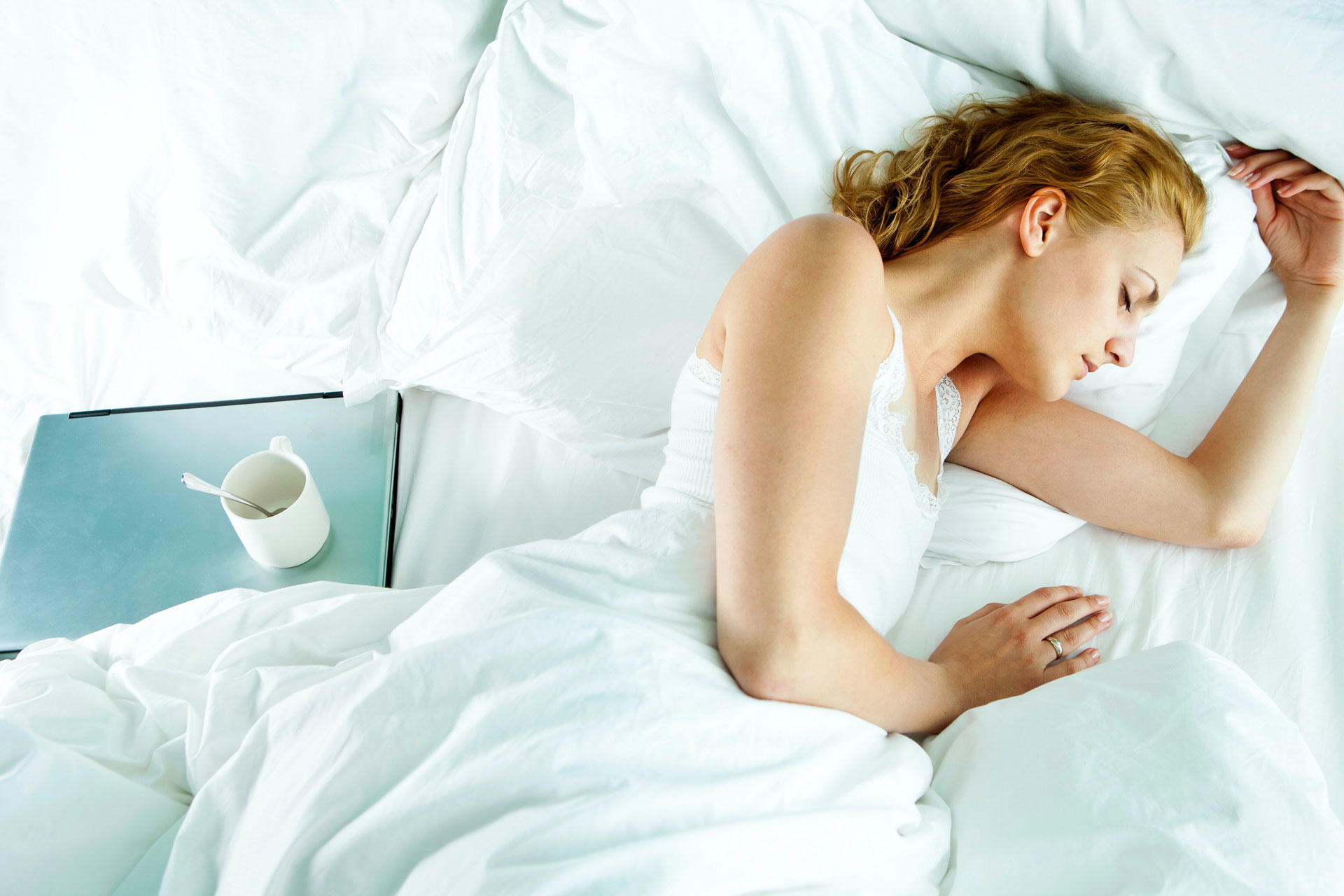
(c) Unsplash
Acupuncture
If you have any type of sleep issues and you haven’t tried acupuncture, please do. It’s one of the most satisfying things to treat as it can make a huge difference in only a couple of sessions.
Read Before Going To Bed
I am not sure if there are many better sleep aids than an actual copy of a book. It’s hard to read when you’re adrenalized or stressed; we can barely flick through a magazine without feeling like there’s something else we should be doing. But if we can get into bed 30 minutes early and read a real book, something that has nothing to do with work or self-development or analysis – a piece of fiction for instance – it can do us a lot of good. There aren’t many nicer ways to calmly shut down our neural pathways or our physiology. I always notice with patients that they’re in a better place when they tell me they’ve started reading again.

(c) Gregory Pappas, Unsplash
Sleep Patches
The little sleep patches are great for a few reasons. The great smell and the oils help calm neural pathways and agitation. The acupuncture point they stimulate is effective when it comes to clearing the mind, and even the intent we have in putting them on is great at starting the wind down process.
Staying Up Late
When people are having sleep issues it’s an incredibly lonely process and one that takes our rationale from us. One of the things people commonly do is try and exhaust themselves in the hope that they fall asleep better, but often this is what causes them to just become more wired, adrenalized and further away from shutting down into a deep replenishing sleep. Or when they fall asleep it will be an edgy dream-filled affair. Try getting into bed around 10.30pm with your book. Phone off in another room. Even if you lie there and read for two hours, that rest is so much more likely to lead you into a better quality of sleep.
Tools To Get You Started
Featured image: Leann Cline, Unsplash
















